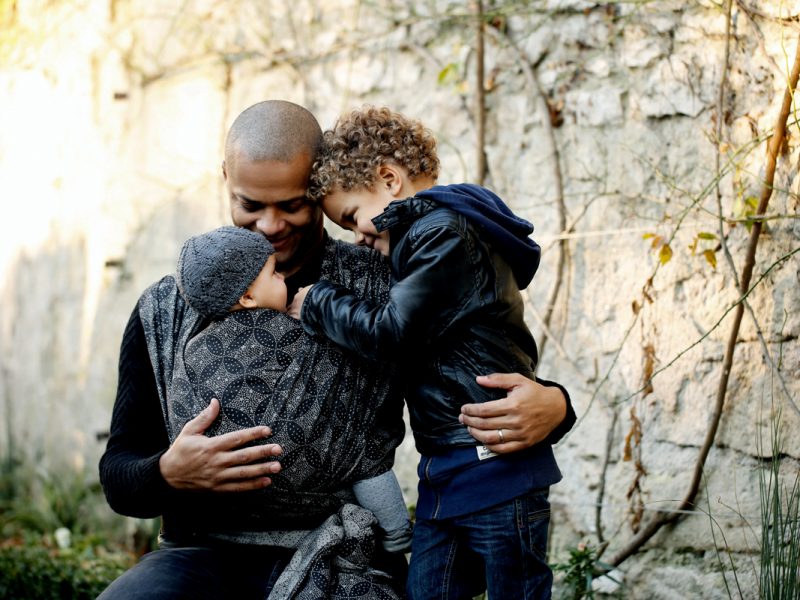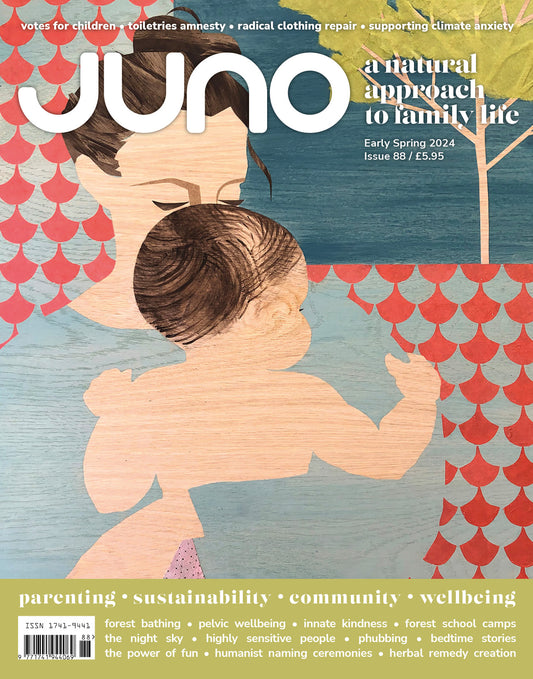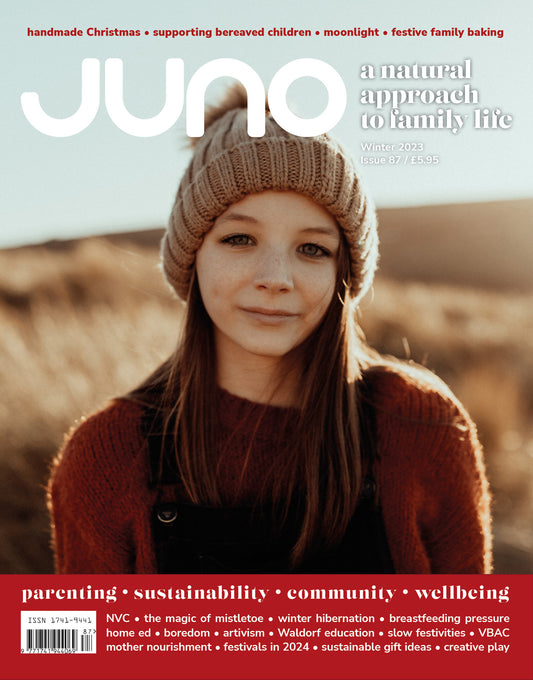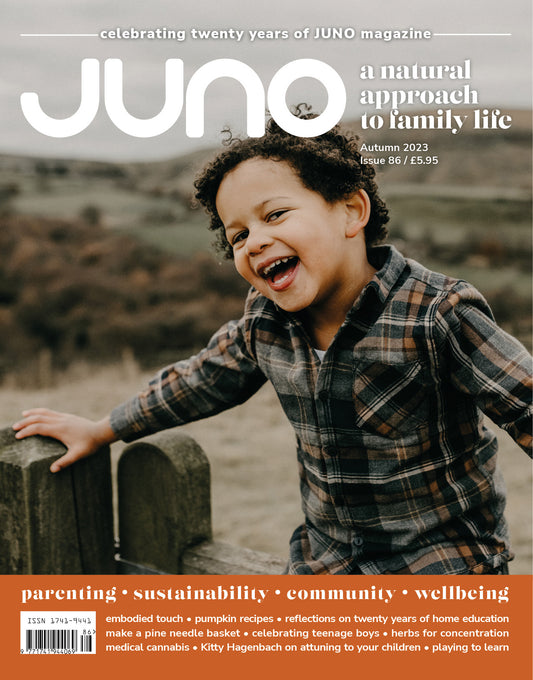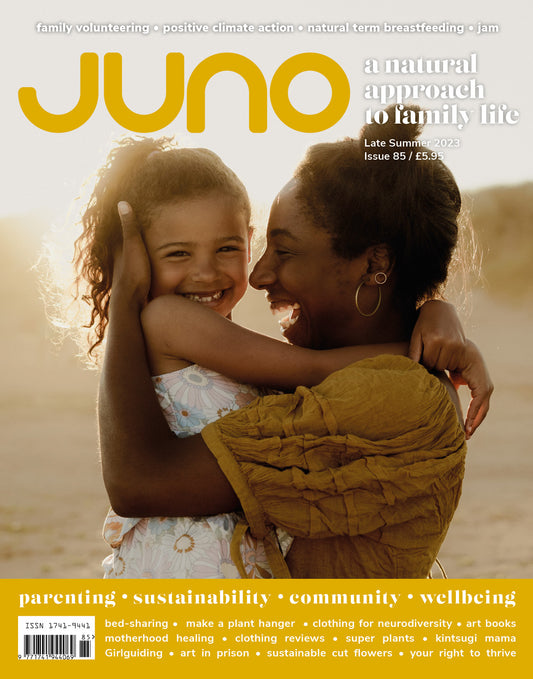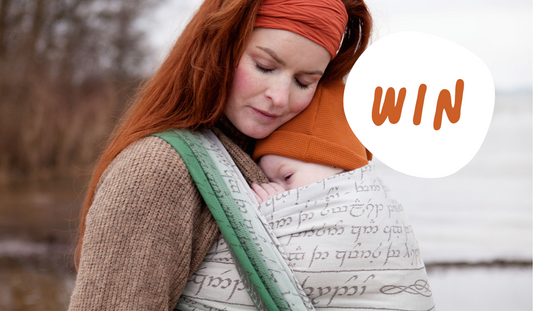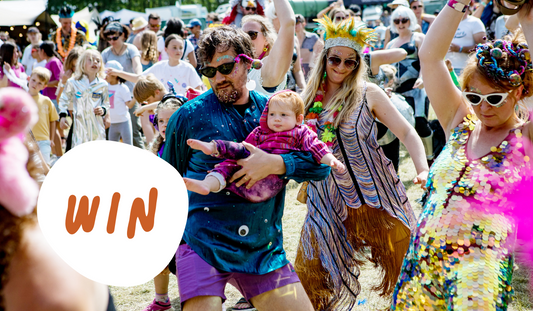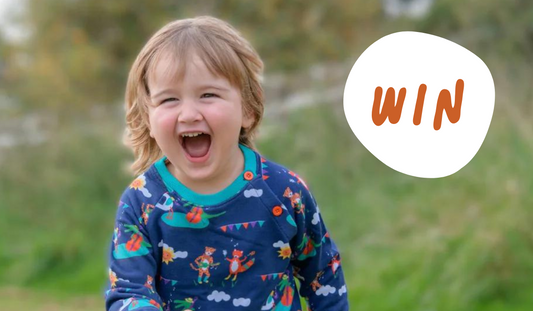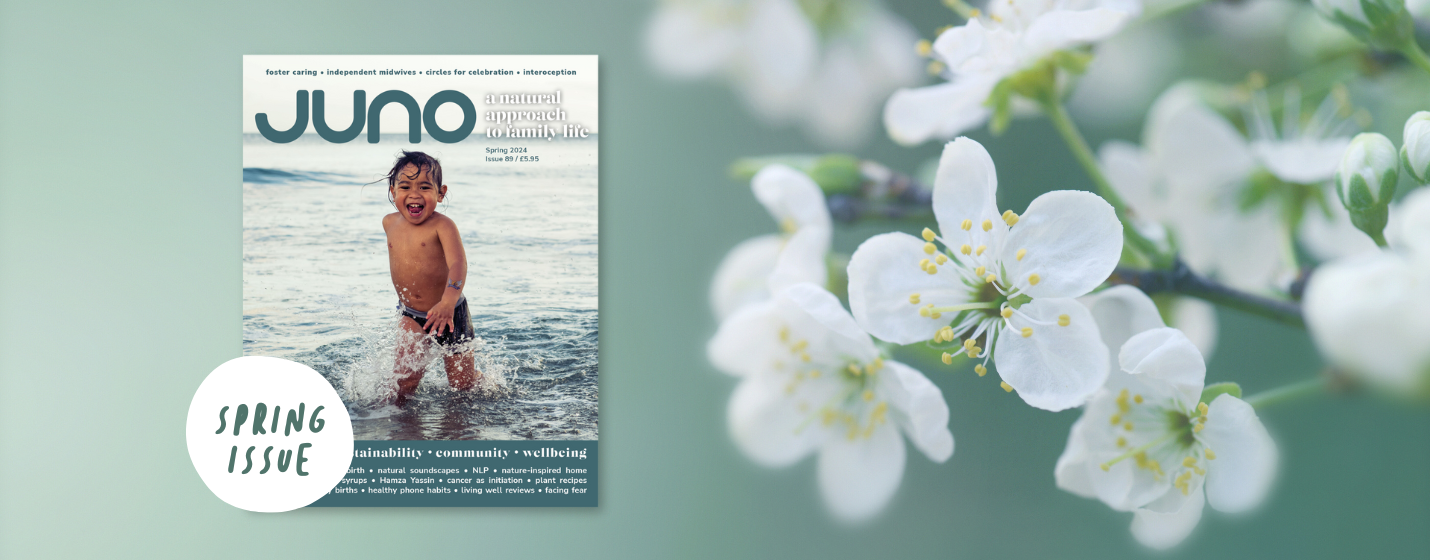
Issue 89 - Spring 2024
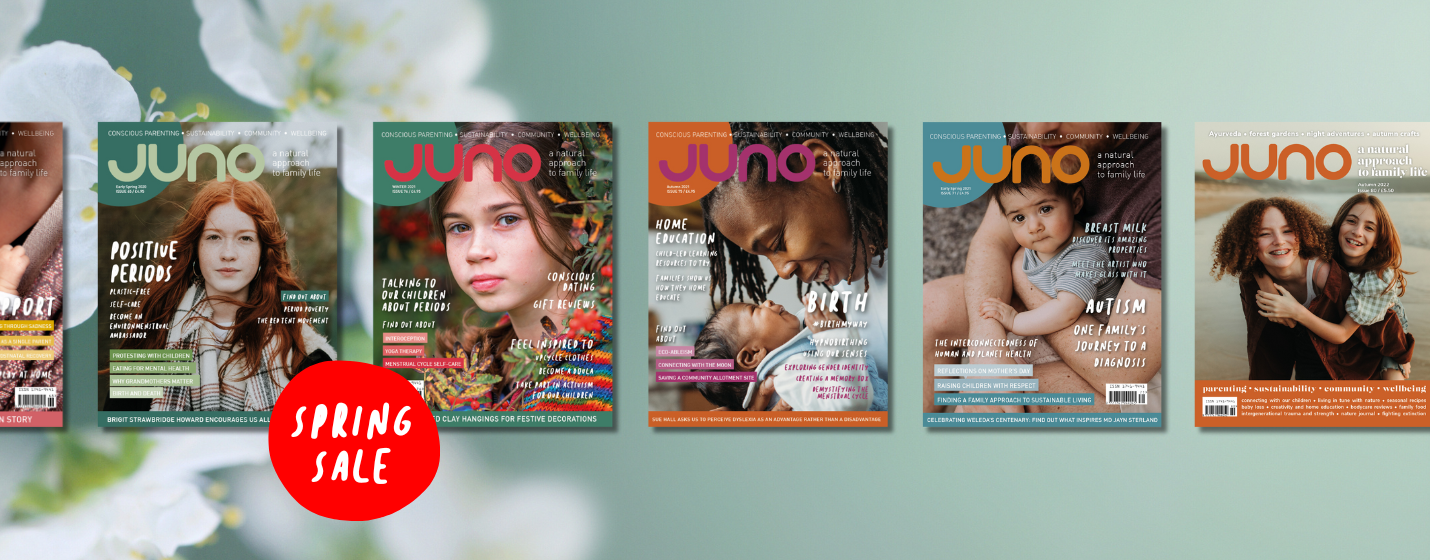
Half price back issues
A natural approach to family life
JUNO is a print and digital bi-monthly magazine which inspires and supports parents as they journey through the challenges of parenting. We have an ethos based on conscious parenting, sustainability, social justice, non-violence and a commitment to personal growth and spiritual awareness.
Parenting support
View all-

Ways to balance digital media with real life
As a digital education correspondent, I am around screens a lot. I am also a mum and know the challenges of balancing screen time in our family lives. I wrote The Art of Screen Time to help me and my readers get past the anxiety about children and screens. Here’s a summary of what I learned writing it: enjoy screens; not too much; mostly together. You will be more effective as a parent and have more fun as a family if you drop the guilt and embrace the good that screens have to offer, while balancing media with other priorities. When in doubt, try to use media as a means of connecting. On average, school-aged children today are spending more waking hours per week with electronic media than on any other single activity. That includes school. Adults, meanwhile, are spending most waking hours engaged with electronic media. Excessive exposure to...
Ways to balance digital media with real life
As a digital education correspondent, I am around screens a lot. I am also a mum and know the challenges of balancing screen time in our family lives. I wrote...
-
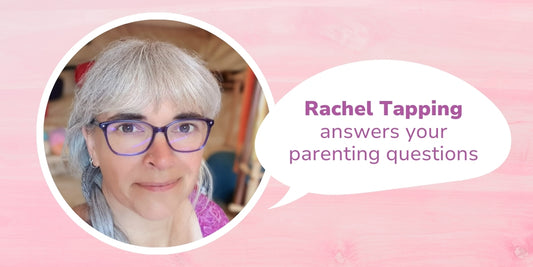
Q: I have recently had my second baby and my el...
A: I’ve been asked to help with sibling relationships many times. It’s an important topic, and one that elicits all sorts of emotions in families. We so look forward to gifting a sibling to our firstborn child – it feels like a good and natural next step in building a family – but just like parenthood itself, the new dynamic we’re creating is an unknown quantity, full of possibilities that can be both positive and negative. Perhaps the human instinct for reproduction – which allows women to mostly put away memories of the pain of childbirth in order to repeat the experience – also prevents us from remembering how difficult our own sibling relationships are or may have been in the early days. Do we gloss over thoughts of sibling rivalry, the jealousy and challenges, to make sure our species survives? Or maybe we just think our children will eventually...
Q: I have recently had my second baby and my eldest child is finding the disruption to their life...
A: I’ve been asked to help with sibling relationships many times. It’s an important topic, and one that elicits all sorts of emotions in families. We so look forward to...
-
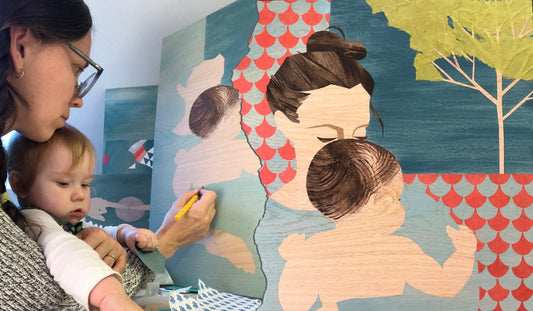
The Story Behind the Cover – Early Spring 2024
For the first 6 months after my third baby, Faye, was born, I could muster absolutely no creative motivation. Or at least, no motivation to make art. I would land on the idea of making something for a split second and then immediately feel deflated. I might have worried, but having been through these early days of baby a couple times already, I had the sense it would return. And sure enough, right around 7 months, I started to feel the glow return to my fingers. Usually, I work quite small. Little snippets, fastidiously pieced together, a complex challenge in a small space. But the creative energy that returned needed something different, something more expansive and fresh, that reflected this bright new life we were nurturing and learning to find space for. I bought a huge sheet of oak ply and had it cut into large rectangles and began to...
The Story Behind the Cover – Early Spring 2024
For the first 6 months after my third baby, Faye, was born, I could muster absolutely no creative motivation. Or at least, no motivation to make art. I would land...
Family Time
View all-
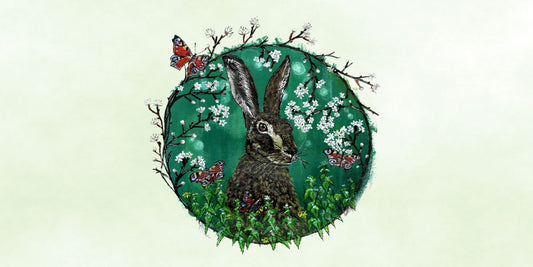
Spring mindfulness inspiration for families
Mindfulness can be described as the ability to be present in the moment, without judgement. The practice has become increasingly popular over the years, with both science-based and spiritual techniques supporting stressed-out individuals to feel calmer and less anxious, and to reduce symptoms of low mood and depression. I spent many years of my adult life being anywhere but the present moment. When I became a mother, so much of my time was divided between the demands of my tiny human, alongside those of a household and a demanding job, and my brain only wanted to focus on the to-do list ahead or ruminate anxiously over the past. At 12 months postpartum, I finally received a diagnosis of postnatal depression and birth trauma (PTSD) and discovered the magic of mindfulness on my recovery journey. Without sounding too clichéd, it completely changed my life for the better. So much so that...
Spring mindfulness inspiration for families
Mindfulness can be described as the ability to be present in the moment, without judgement. The practice has become increasingly popular over the years, with both science-based and spiritual techniques...
-
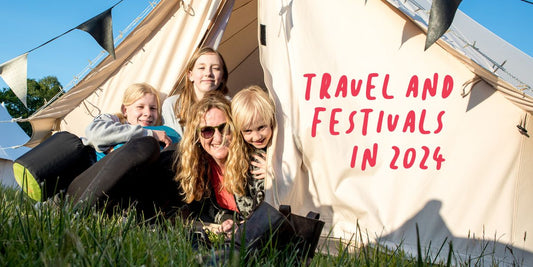
Family festivals and adventures for the year ahead
Wood Festival Like a seasonal awakening and injection of optimism, Wood Festival is an intimate and perfectly programmed festival of music and nature that sees people gather in a glade too small to get lost in, to live, learn, and have fun, enjoying the simple, beautiful things in life for a weekend each May. The music is largely folk and Americana. Local bands rub shoulders with international acts, though no one gathers a crowd like the legend that is Nick Cope! There is a full programme of free workshops for all ages, with activities ranging from bookbinding to yoga, whittling to harmony singing. The children’s tent hosts endless performances and activities; stalls are carefully curated (no flashing tat of questionable origin that you’ll be badgered to buy); the restorative healing area is full of people who genuinely care; the food is wholesome; the bar boasts locally sourced beverages; and a...
Family festivals and adventures for the year ahead
Wood Festival Like a seasonal awakening and injection of optimism, Wood Festival is an intimate and perfectly programmed festival of music and nature that sees people gather in a glade...
-

Ideas for celebrating Winter Solstice
Celebrant Lu Garner has been celebrating the winter solstice for many years. Here she shares some ideas for creating your own celebration. I don’t know about you but my daily family life is a hectic affair – and never more so than in the run up to the festive season. At the best of times it seems that life travels past so fast – children seem all grown up before my very eyes, new directions abound in my personal and work life, world events take my breath away, and literally I can be gasping for air, for the chance to make sense of it all. That is what ceremony or ritual is all about – creating a space to make meaning of the cycles of our lives, whether we are honouring a birth, a death or the turning of the year. Eight years ago I co-created a group in Derbyshire...
Ideas for celebrating Winter Solstice
Celebrant Lu Garner has been celebrating the winter solstice for many years. Here she shares some ideas for creating your own celebration. I don’t know about you but my daily...
Education
View all-
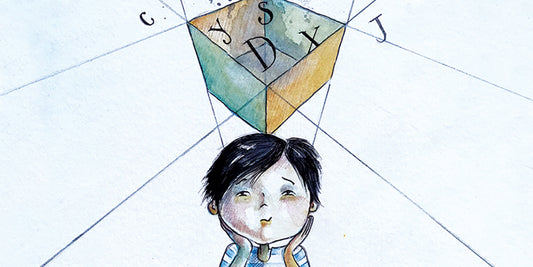
Naturally Talented: reframing dyslexia as an ad...
What if we could remove the stigma associated with a diagnosis of dyslexia? What if we could get people to see it as a potential advantage, rather than a setback? What if, in the process, we could vastly improve our children’s experience of their dyslexia? A diagnosis of dyslexia is too often a cause of great concern and worry for both parent and child. Why? Because it is seen as a ‘difficulty’; a ‘disadvantage’ or a ‘disability’. Even the word ‘dyslexia’ translates as ‘a difficulty with language’! It stems from the combination of two Greek words: ‘dis’ meaning ‘lack’, and ‘lexi’ meaning ‘word’. So, dyslexia means ‘to lack words’. Hardly surprising then that in a society which relies heavily on written communication, ‘lacking words’ has been seen as a definite drawback. Historically there has been very little support for those with dyslexia. It has often been misunderstood, overlooked or misdiagnosed. No...
Naturally Talented: reframing dyslexia as an advantage
What if we could remove the stigma associated with a diagnosis of dyslexia? What if we could get people to see it as a potential advantage, rather than a setback?...
-
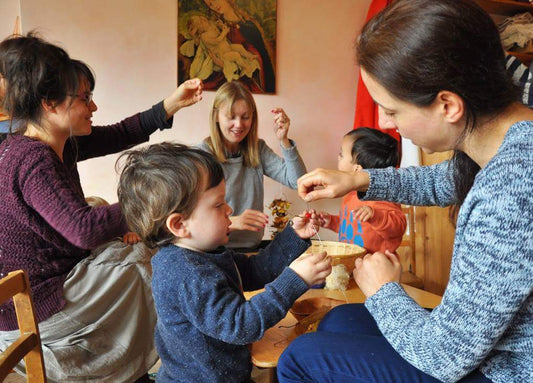
An introduction to Steiner Waldorf early childh...
Steiner Waldorf education is founded on the work of the Austrian philosopher and educator Rudolf Steiner, who wished to create a form of education that would help pupils achieve “clarity of thought, sensitivity of feeling and strength of will”. After listening to Steiner’s lectures to the workers at the Waldorf-Astoria cigarette factory in Stuttgart, Emil Molt, the director, asked him to form a school for their children, and in 1919 the first Waldorf school was founded. Today there are more than 1,000 schools and almost 2,000 kindergartens in over 65 countries, serving children from birth to 18 years of age. Steiner spoke about the developmental stages spanning 7-year periods. The phase of early childhood (the first 7 years) includes parenting, home childcare and pregnancy, baby groups – which may include the Pikler approach – parent-and-child groups (birth to age 3), playgroups, nursery groups (ages 2 to 4), and day care...
An introduction to Steiner Waldorf early childhood education
Steiner Waldorf education is founded on the work of the Austrian philosopher and educator Rudolf Steiner, who wished to create a form of education that would help pupils achieve “clarity...
-

Deschooling and the transition to home education
As regular readers will know, I decided upon home education very early on, dabbling in organised education only very briefly at a Steiner Kindergarten. I have never had to say goodbye to my 4-year-old at the school gates, or fight the school system on my children’s behalf, or indulge in mild skulduggery to ensure a place in the best local school. From the start I elected to home educate and did so from a philosophical and pedagogical standpoint. I am aware, though, that many home educators come to their decision after first giving school a try. Some of them will have been in two minds and have decided to try what school has to offer before committing to home education. Others will have become home educators only reluctantly: their children may have been bullied out of the system, or the school may not have been able to meet the special...
Deschooling and the transition to home education
As regular readers will know, I decided upon home education very early on, dabbling in organised education only very briefly at a Steiner Kindergarten. I have never had to say...
Explore more articles
Complete your collection
-
Issue 88 - Early Spring 2024
Regular price £2.97 GBPRegular priceUnit price / per£5.95 GBPSale price £2.97 GBPSale -
Issue 87 - Winter 2023
Regular price £2.97 GBPRegular priceUnit price / per£5.95 GBPSale price £2.97 GBPSale -
Issue 86 - Autumn 2023
Regular price £2.97 GBPRegular priceUnit price / per£5.95 GBPSale price £2.97 GBPSale -
Issue 85 - Late Summer 2023
Regular price £2.97 GBPRegular priceUnit price / per£5.95 GBPSale price £2.97 GBPSale
-
Testimonials
"I love knowing I'm not the only one who parents this way." - Mayita
"Reaffirms and inspires our natural way of parenting and living. Absolutely love JUNO!" - Emma
-
Published with the seasons 🌱
Early Spring - 1 February
Spring - 1 April
Summer - 1 June
Late Summer - 1 August
Autumn - 1 October
Winter - 1 December
-
Outside the UK?
Why not try a digital subscription to JUNO? They include access to our fully searchable back issue catalogue, so you can read and research on the go!
Click here to find out more.










